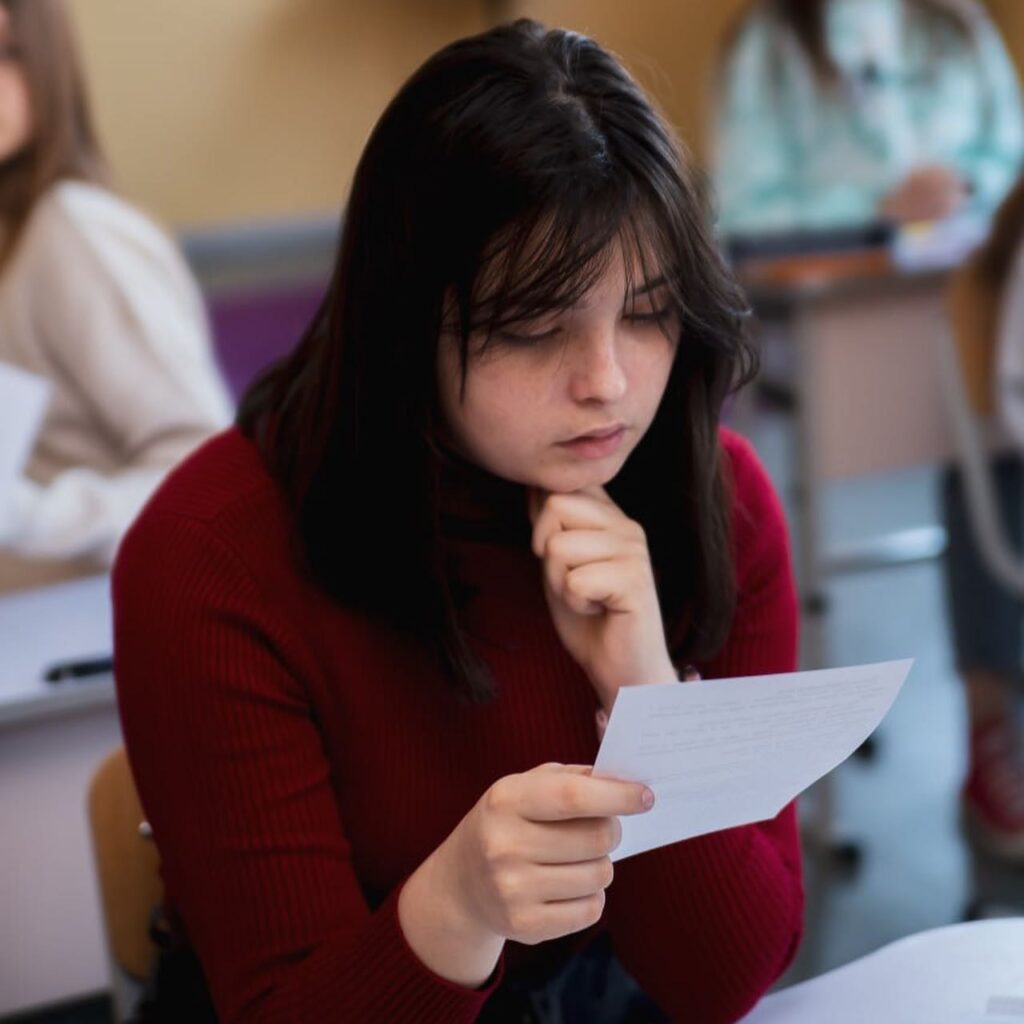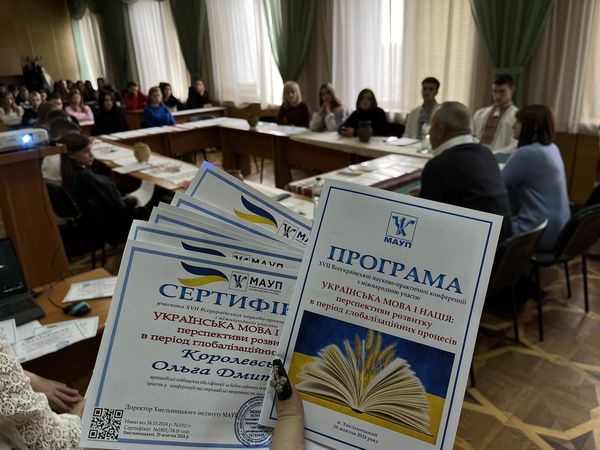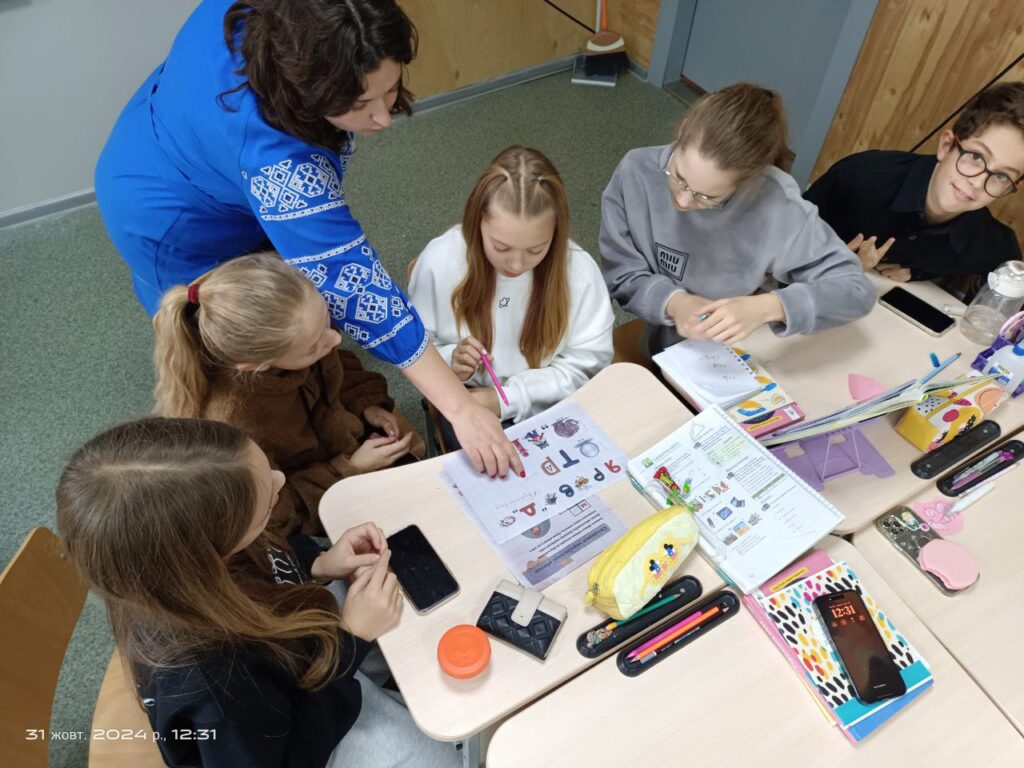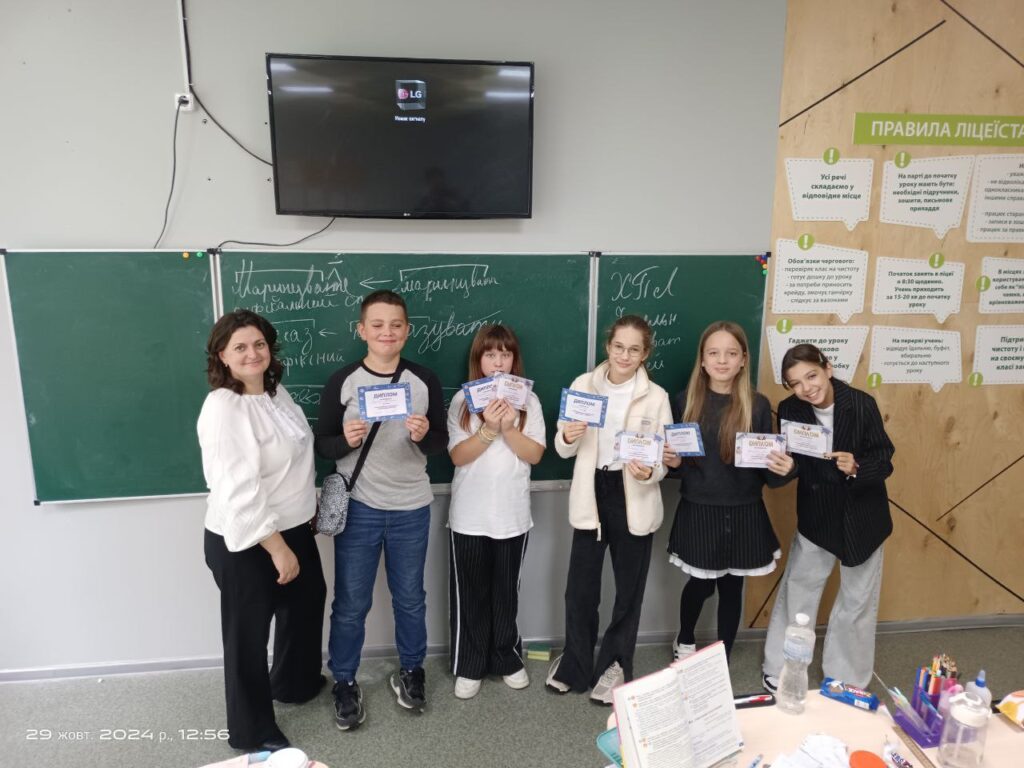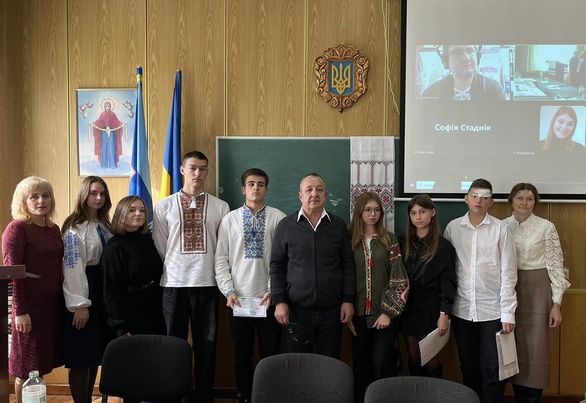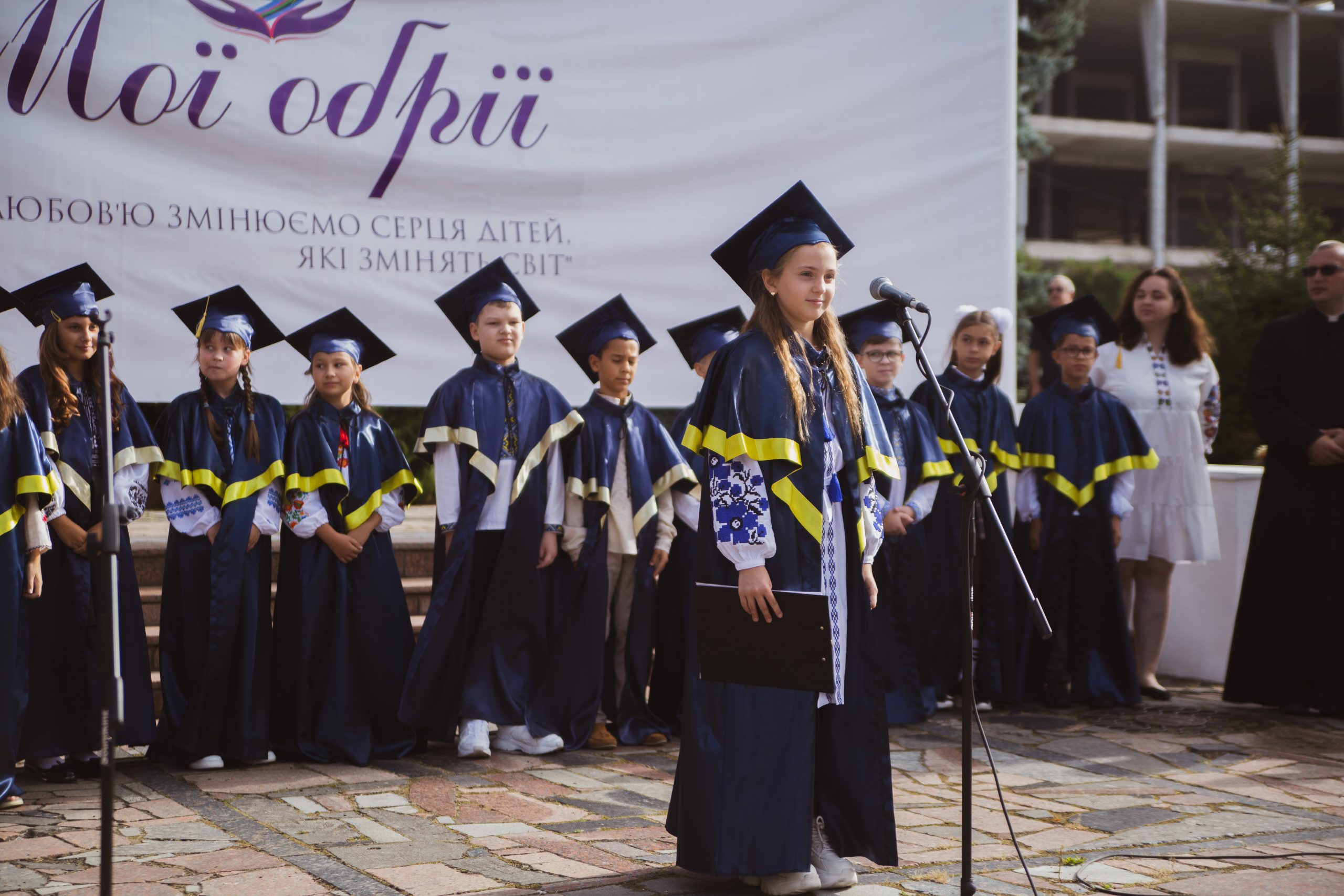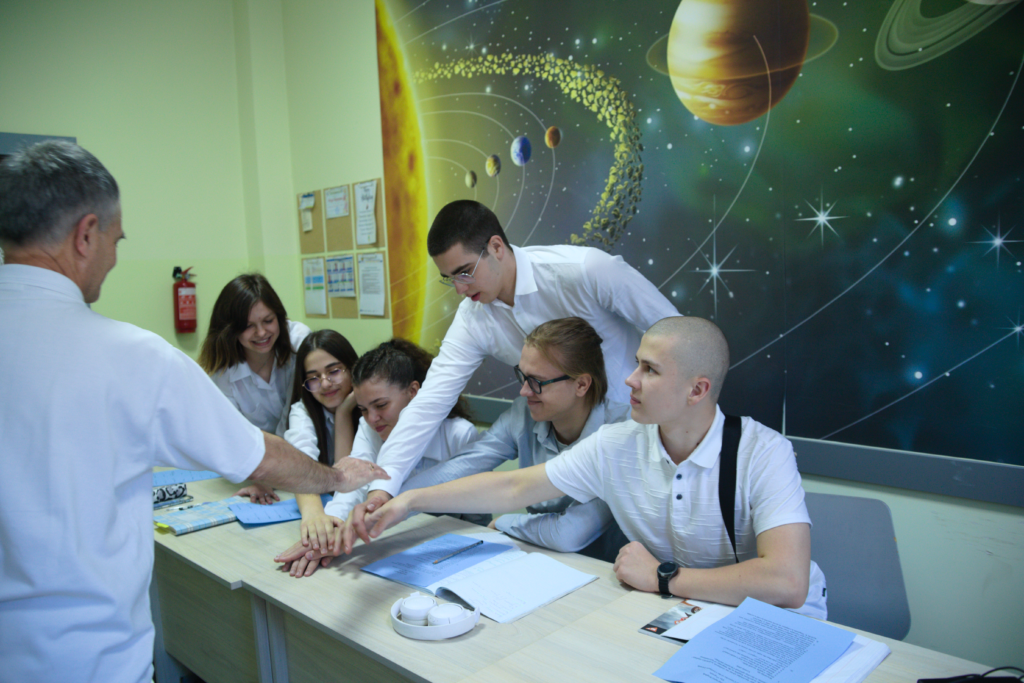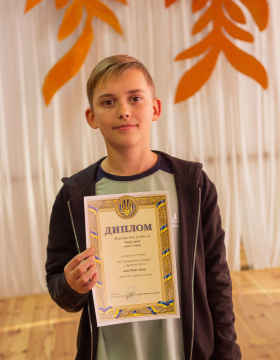Sleepless nights, excitement, endless repetition of material — all this is often associated with preparing for the EIT/NMT, an important entrance exam. But is it possible to avoid excessive stress and feel confident in your abilities? At My Horizons Lyceum, we are convinced that it is.
The preparation program we offer is designed to help students not only master the material but also maintain emotional balance. Thanks to an individualized approach, support from experienced teachers and psychologists, as well as structured classes and practical tests, our graduates pass this stage without excessive stress.
Preparing for EIT/ST can be comfortable, effective, and even inspiring. Together with My Horizons Lyceum, your child will be able to focus on knowledge, not stress.
Individual approach to each student

As teachers with many years of experience, we understand that each student is a unique individual with their own strengths, learning style, and needs. That’s why our EIT preparation is based on an individual approach.
Our teachers carefully analyze the strengths and weaknesses of each student to develop a preparation plan. This approach not only helps to focus on important topics and close gaps in knowledge, but also creates a sense of progress.
For example, if a student has difficulties with math, we spend more time explaining basic concepts and doing regular practice exercises. And for those who are fluent in the material, we create more complex tasks that allow them to develop their skills even further.
Structured preparation program: step by step to success

The path to passing the EIT/NMT begins with a clear and structured preparation program. Our methodology is designed so that students master the necessary knowledge and skills step by step, gradually increasing their level of confidence and exam readiness.
The training structure includes several key stages:
- Assessment of the level of knowledge — determining the strengths and weaknesses of the student in each subject.
- The main block of training is a consistent study of key topics and concepts, covering the bulk of the material for the EIT.
- In-depth study of complex topics — detailed explanations and practical tasks to consolidate knowledge.
- Regular testing — mock tests and practical tasks.
- Psychological support and stress management training — classes with psychologists to develop concentration and confidence skills before exams.
- Final mock exams — a simulation of the real conditions of the EIT.
The advantage of a structured approach is that students know what to expect at each stage, understand what topics will be studied next, and can monitor their own progress.
Training to help overcome fear
One of the most important elements of preparation for the EIT/ NMT at My Horizons Lyceum is practical training and regular mock exams. They mimic the real conditions of the EIT, where applicants have a limited time to complete tasks and a similar format for testing their knowledge.
Each mock test helps students understand which topics they have mastered well and which ones they need to work on more. In addition, it is not just a test of knowledge, but also a way to get rid of unnecessary fears and confidently prepare for future conditions.
NMT/ EIT for 200 points with My Horizons Lyceum

It is quite possible to achieve the maximum result at the NMT or EIT if you choose to prepare with the My Horizons Lyceum. Our approach provides not only academic knowledge, but also comprehensive support that helps students reduce stress and confidently pursue their goals.
The programs of our school are designed to make the preparation for the EIT not a grueling challenge, but a confident step towards your goal.
Sign up for training today! Let your child prepare for an important exam with comfort and professional support.





